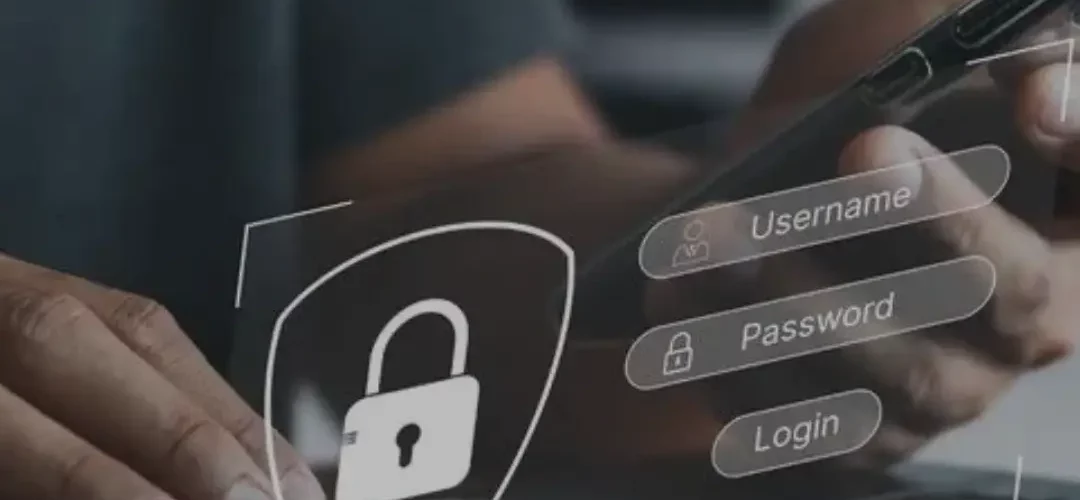The Ultimate Guide to VPNs: Protecting Your Digital Privacy in 2025

Digital privacy in 2025: the quiet menace and how a VPN saves you
As of early 2025, online privacy is no longer a luxury — it’s a necessity. Every day, millions are tracked, profiled, and have their data stolen — often without knowing it.
Case in point: Sophia, a frequent business traveler, connected to airport Wi-Fi to check her bank account. Within minutes, hackers had stolen her data. Months later, she’s still dealing with identity theft.
Studies show the average internet user is monitored by over 350 organizations daily, and 78% of people have had their personal data exposed without consent.
One of the most effective tools in the fight for your privacy? A VPN — Virtual Private Network — here’s exactly how it works.
What’s a VPN and how does it work?
A VPN creates a secure, encrypted tunnel between your device and the internet, hiding your IP address and shielding your activity from prying eyes.
Without a VPN:
- Your ISP sees every site you visit.
- Websites detect your real location.
- Hackers on the same network can intercept your data.
With a VPN:
- Your data is encrypted before leaving your device.
- ISPs only see an encrypted link to the VPN server.
- Websites see the VPN server’s IP, not yours.
- Hackers receive only scrambled, useless data.
Most reputable VPNs use AES-256 encryption — the same used by militaries and governments worldwide — virtually unbreakable with today’s technology.
Why you need a VPN in 2025
- ISPs collect and sell your data: In 2024, ISPs were found to collect ~4.3GB of browsing data per user monthly — often sold as “anonymous” but easily re-identified.
- Public Wi-Fi is riskier than ever: Hackers deploy Man-in-the-Middle attacks, Evil Twin networks, and packet sniffing in airports, hotels, and cafés.
- Geo-restrictions limit access: Over 73 nations block content — from streaming to news and financial services.
- Outdated privacy laws: Fewer than one-third of countries have robust data protection, and enforcement is weak even where laws exist.
To navigate these challenges safely, discover how to choose the best VPN for your needs in 2025.
How to select a VPN that actually protects you
Look for:
- Strict no-logs policy (audited by a third party).
- Kill Switch to cut internet if VPN drops.
- DNS leak protection.
- AES-256 encryption with regularly rotated keys.
- Headquarters in a privacy-friendly jurisdiction.
- Anonymous payment options (crypto, gift cards).
Avoid:
- Free VPNs — most log/sell data or contain malware.
- Unclear privacy policies.
- Missing security features like a Kill Switch.
Best VPNs for 2025
- Mullvad VPN: Full anonymity, no email required.
- Proton VPN: Swiss-based, strong privacy laws, built by ProtonMail team.
- IVPN: Strong privacy and WireGuard support.
- Surfshark: Affordable, rich features, unlimited devices.
How to install a VPN
On Desktop:
- Create an account with a trusted VPN.
- Download official VPN software.
- Enable Kill Switch & DNS leak protection.
- Configure WireGuard for speed & security.
- Connect to a nearby or target-region server.
- Verify connection via ipleak.net.
On mobile:
- iOS: Enable “Connect on Demand.”
- Android: Enable “Always-on VPN” and “Block connections without VPN.”
Other privacy tools to use with a VPN
- Privacy browsers (Brave, Firefox + privacy extensions).
- Secure search engines (DuckDuckGo).
- Encrypted email (ProtonMail).
- End-to-end encrypted messaging (Signal).
- Password managers (Bitwarden).
- Private DNS services (NextDNS).
Your 30-day privacy action plan
- Week 1: Install & configure VPN on all devices.
- Week 2: Enable features like Split Tunneling.
- Week 3: Add privacy browsers & secure messaging apps.
- Week 4: Audit settings & train family or coworkers.
Final thoughts
In 2025, a VPN is not optional — it’s your baseline defense. It keeps hackers, corporations, and snoopers at bay, while giving you back control over your data.
Combine it with smart online habits, and you take the first real step toward reclaiming your digital freedom. Your privacy is yours — don’t give it away.
